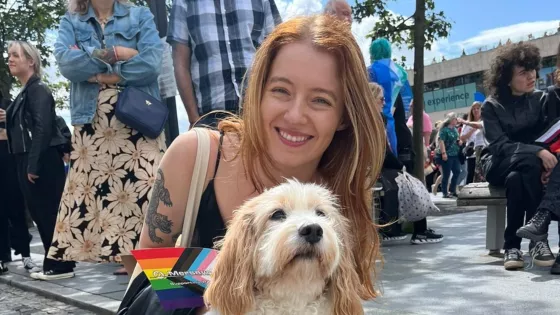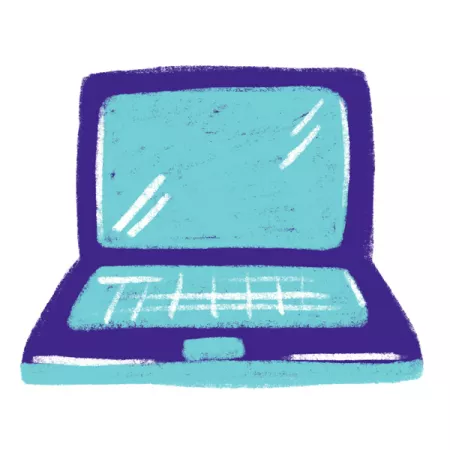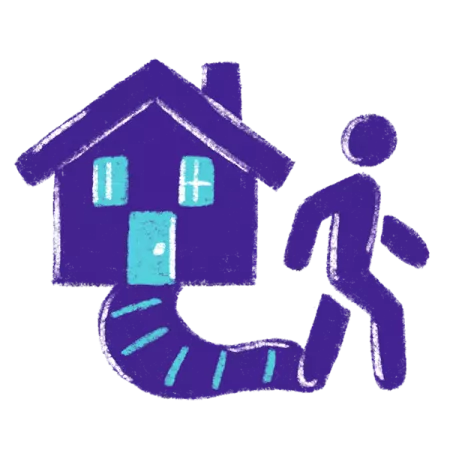Three years ago, Charlotte shared her story of how an epilepsy diagnosis at 18 put her dreams of going to university on the line. Despite a heart-breaking results day and further rejection, she has now completed two degrees and found her dream job.
On her journey, Charlotte has developed some great tools for navigating the challenges of epilepsy at university, work, and in life, so we returned to her for an update!
Read Charlotte's original story

Prioritising mental health
In 2022, I started my second year studying my second degree: speech and language therapy at the University of Manchester. This was both exciting and nerve wracking for me, because it was my dream course. I had came a long way to get there and the pressure was on.
I was offered and also asked for lots of help, as I did with my first degree.
Today I feel a lot of pride for believing in myself when times were difficult and gratitude for having such a wonderful support network.
I was very close to quitting at one point during the speech and language degree. It was my final year, I had a lot going on in my personal life that was impacting my mental health, seizures, and academic performance.
One turning point for me was the support I received from my personal tutor. She really saw me, she knew how capable I am and fought my corner. Her advocacy boosted my confidence in my own abilities, pushing me to stick with it.
Another turning point was the decision to leave a toxic relationship. I was able to focus on rebuilding my self esteem, health, studies and putting myself first.
I am now in a long term, supportive and happy relationship that has significantly contributed to my professional and personal life.
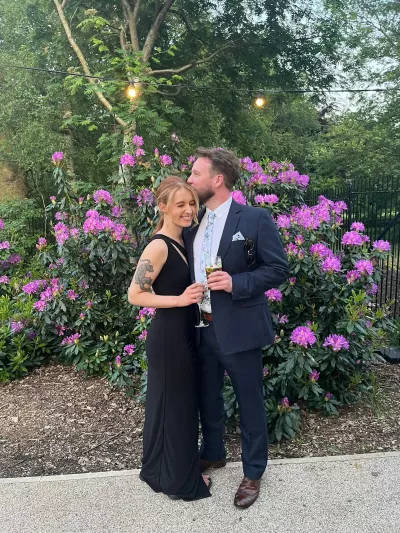
Maintaining a support network
I have very close friends who’ve known me before my seizures started. I initially remember thinking, surely I’m too inconvenient now to bother remaining close with. However, they never viewed me that way, they always looked at me the same and helped me see the occasional moment of humour in it all.
Knowing that they still saw me as the same person, gave me unbridled confidence in society’s potential capacity for love, acceptance and inclusion.
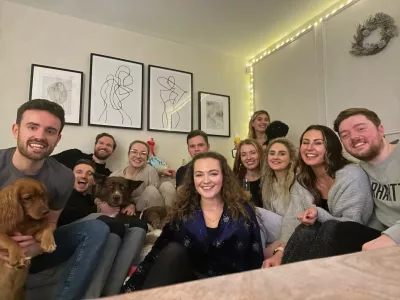
Something else that made it possible for me, was the concept of one day at a time. That when times are hard, just getting through the day is enough and my health always comes first.
Even if that means plans take a little longer.
Finding the dream career
I was working in hospitality to pay the bills after I graduated and chose to take my time with future applications.
I needed space to appreciate how far I’d came and some much needed time out.
When I felt ready, I started applying for speech and language therapy jobs.
I am ecstatic to say, I have been at my role as a paediatric speech and language therapist, within an SEN school, for 5 months.
I happy cried in public when I got the call to confirm my interview was successful. I felt a huge sense of relief that the time, effort and moments of doubt had all been worth it.
Within my role, the “small wins” are huge.
A student with an accessible and tailored communication device, or someone who is moving through their gestalt language processing stages.
Knowing that I am contributing to their future independence and communication development, is an unmatched feeling that I cannot compare to anything else.
Managing epilepsy in work life
I chose to disclose my epilepsy explicitly after I was taken onboard.
I have a supportive and inclusive team who took me in as part of the family. So when I do need to discuss my epilepsy, I am met with understanding and empathy.
At home, managing my triggers has been crucial. I have a nightly routine when I’m due in work the next day, including a mental wind down time, preparing clothes and lunch, as well as an early bedtime.
The routine reduces my likelihood of seizures as well as supporting my anxiety surrounding having a seizure.
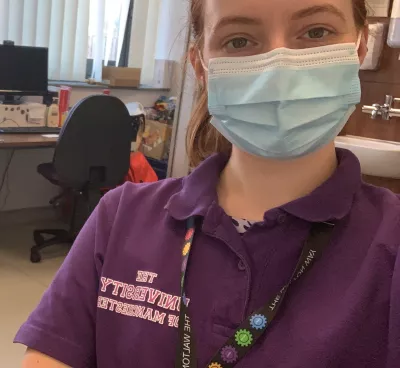
Scheduling my time has been exponentially helpful. My job is dynamic, in that sometimes, plans change at the last minute, and some days can be stressful.
But I schedule in daily time to catch up on paperwork and walking home in the fresh air has been effective for stress management.
I stay motivated at work because I have found a career that I am deeply interested in, but it also gives me a sense of purpose because it is so holistically fulfilling.
With regards to resilience, everyone with epilepsy is a resilient person (I will add, not necessarily by choice).
When facing ongoing challenges, I try to remind myself of times when I thought I couldn’t do something, but I did it anyway. Or of times when I have taken some time out, then came back stronger.
Resilience is subjective for me. One day, I could be resilient for accepting time to rest and recuperate. Whereas another day, I feel resilient for the years of challenges I’ve had and like I can do anything now.
Looking to the future
I always knew I wanted to be a speech and language therapist. However, because the career is so diverse, I wasn’t 100% on what exactly that would look like.
I mostly work with autistic children and young people, some of whom have gestalt language processing. This is an alternative way of acquiring communication than the “norm”. I am thoroughly enjoying expanding my knowledge in this area. It is also now a future goal of mine to specialise in autism.
The idea of success has changed for me, I always thought being entirely independent was to be successful.

I envied people who didn’t need extra time in exams, didn’t take medication every day, had financial independence, or could take a bath without the worries we face.
But I would not be where I am today without the holistic support I have been given, which has actually enhanced my independence (and getting a bath is overrated anyway).
Charlotte's message for Results Day
I would say to myself, you are not the sum of a few marks on a piece of paper, you are a multifaceted person. The world is huge, and you have so much time to achieve your dreams.

